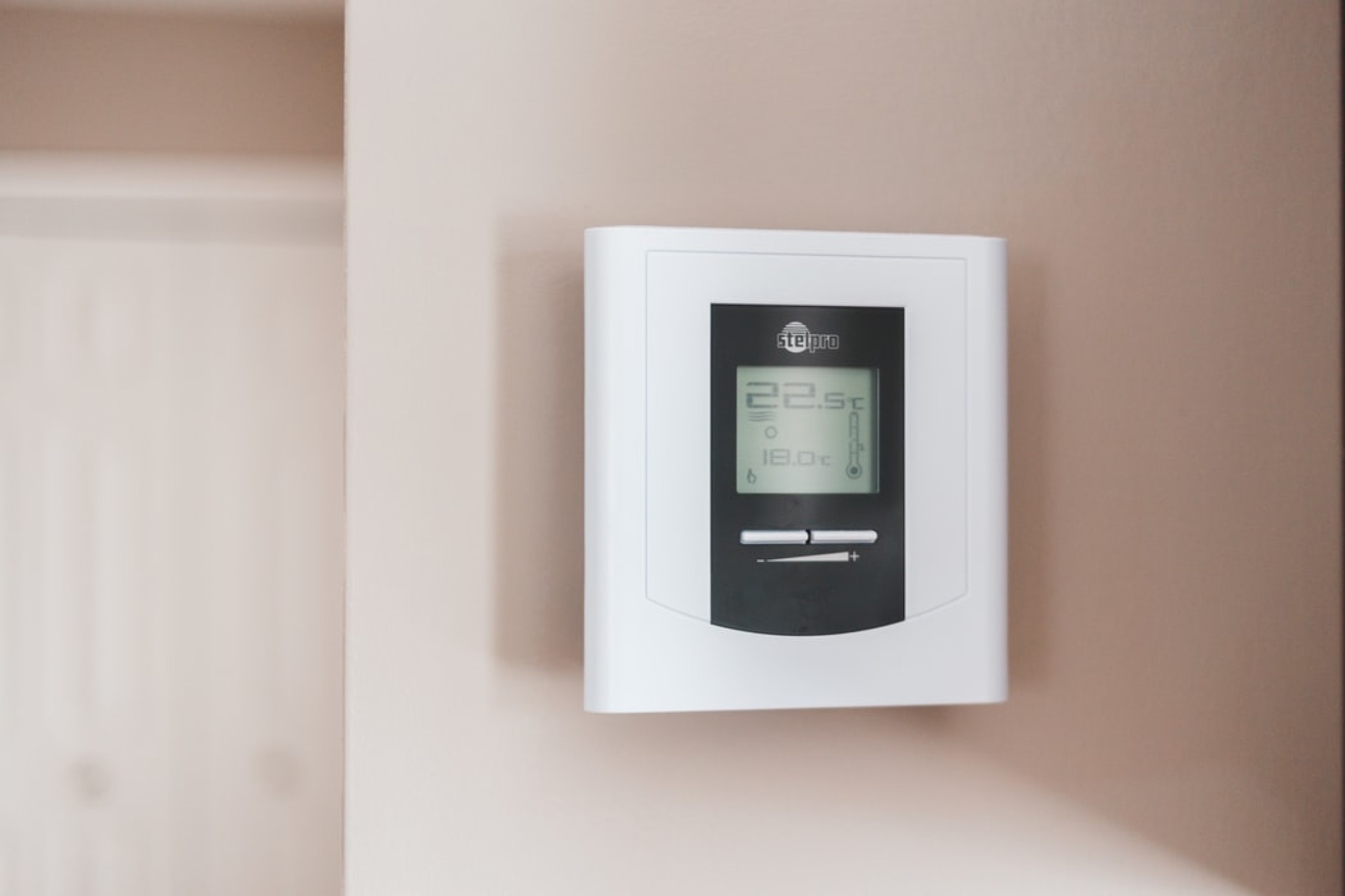
How Long Does a Boiler Last? 6 Top Tips on How to Extend the Life of Your Boiler
Every home needs a boiler. It helps to keep your home running as it should and has a huge impact on your overall comfort levels. However, many homeowners take this vital heating system for granted, with most having no idea how long the average boiler lasts or how you can prolong its life.
If this is the case for you and your boiler, you need to keep reading. Find out below how long your boiler should last, plus the steps you can take to keep it in good working order for longer.
The average life expectancy for a boiler is between 10 to 15 years. However, this is massively dependent on the type of system you choose, the way it is installed, and how well you take care of it.
If you are in the process of buying a new boiler now, make sure you use a local boiler installation company (like us!) that has lots of good online reviews and, if possible, look for word-of-mouth recommendations from family and friends.
When it comes to maximising the longevity of your boiler, there are several measures that you can take, including:
Although you may be tempted to buy a cheaper boiler, this can result in a system that requires costly and frequent repairs. Instead, look for one that has been specifically manufactured to be both reliable and efficient.
When picking a boiler for your home, the most important factor to consider is the size of your property. If you purchase a boiler that is too small for your home, there will be too much pressure on the system, and this can lead to breakdowns and reduce its lifespan.
On the other hand, if you pick a boiler that is too big, you may find that your heating bills soar.
One of the most important tasks that you need to carry out if you want your boiler to last is to book an annual service. It can help to spot any issues early on and lower your risk of costly damage in the future.
If you notice any changes to your central heating, such as it starts to perform differently, this could be a sign that there is something wrong with your boiler. Therefore, you should be vigilant throughout the year and consult a professional as soon as possible if you notice any changes.
Throughout the year, air can get into your heating system, which can result in your radiators feeling hot at the bottom and cold at the top. Prevent this from happening by bleeding your radiators once a year, ideally before the arrival of winter.
By adding an inhibitor to your central heating system, you can protect against the build-up of limescale and corrosion. You can ask a heating engineer to carry out this job for you.
